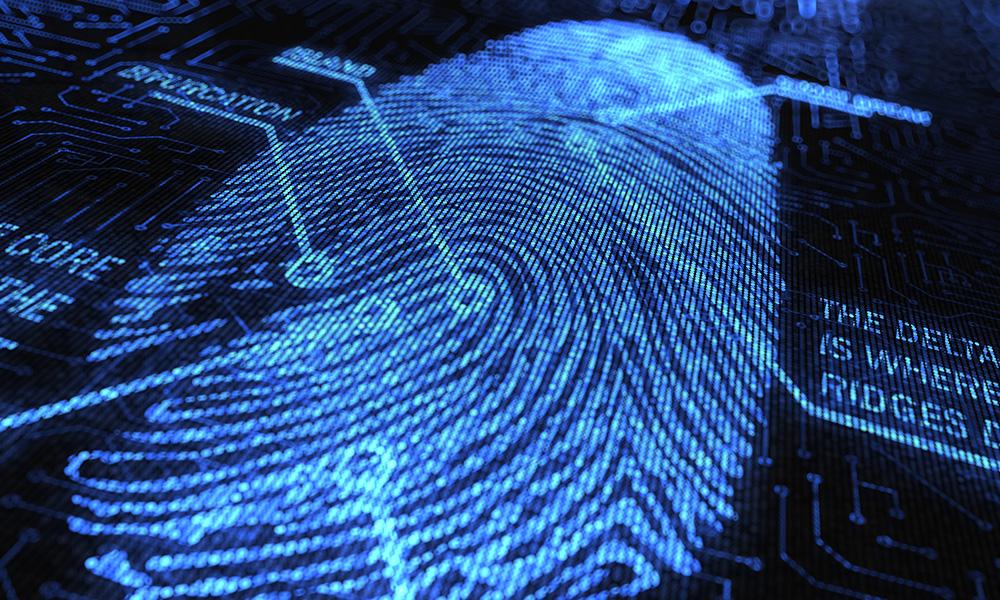Private investigations, also known as private detective services, are becoming increasingly popular in today’s society. Private investigators are hired by individuals, businesses, and government agencies to gather information that is not readily available to the public. However, the practice of private investigations is subject to legal and ethical boundaries that must be respected.
Legal Boundaries

Private investigators must abide by a variety of laws and regulations governing their profession. Some of the most important legal boundaries include:
- Licensing Requirements: In most states, private investigators are required to obtain a license in order to practice legally. These licenses are issued by state licensing boards and typically require completion of specific training and passing an exam.
- Privacy Laws: Private investigators must be careful not to violate an individual’s right to privacy when conducting investigations. This includes obtaining consent before conducting surveillance or using electronic monitoring devices.
- Federal Laws: Private investigators must also comply with federal laws such as the Fair Credit Reporting Act, which governs the use of consumer credit reports in investigations.
Ethical Boundaries
While private investigators may have access to confidential information, they must also operate within ethical boundaries. Some of the most important ethical considerations for private investigators include:
- Confidentiality: Private investigators must maintain strict confidentiality when handling sensitive information. This includes not discussing cases with anyone except the client and not sharing information with third parties without the client’s consent.
- Integrity: Private investigators must conduct themselves with integrity and avoid any behavior that could be perceived as unethical. This includes refraining from lying, misrepresenting themselves, or engaging in illegal activities.
- Respect: Private investigators must respect the rights and dignity of the individuals they investigate. This includes not engaging in harassment, intimidation, or other forms of coercive behavior.
Private investigations can be a valuable tool for individuals and organizations seeking to gather information. However, it is important that private investigators operate within legal and ethical boundaries. By respecting these boundaries, private investigators can maintain their credibility and ensure that their services are used for legitimate purposes.

